Blown Vein From Blood Draw, Web a blown vein is a vein that’s mildly injured during a blood draw or iv placement.
Blown Vein From Blood Draw - Web a blown vein happens when a needle goes into your vein and out the other side. Web in these instances, blood leaks out of the vein, causing swelling, bruising and tenderness. This causes blood to leak out into the surrounding tissue, leading to bruising and swelling. While a blown vein isn’t serious, it needs about 10 to 12. Usually, bleeding into the skin is minor and heals in about two weeks. Web a blown vein is a vein that’s mildly injured during a blood draw or iv placement. This can happen when the needle or catheter used to access the vein is inserted too forcefully or at the wrong angle, or if the vein is fragile due to certain medical conditions or medications. Symptoms include bruising, swelling and discomfort around your vein. Web a blown or ruptured vein occurs when a vein gets punctured and it causes blood to leak outside the vein. In some cases, iv fluid or medication may also leak from the vein. While a blown vein isn’t serious, it needs about 10 to 12. Web until it has time to heal, that vein can’t be used to for blood draws, intravenous (iv) line insertion, or injection of medication. Web blown veins occur when a needle injures or irritates a vein, causing blood to leak into the surrounding area. These broken blood vessels. Web a blown vein is a vein that’s mildly injured during a blood draw or iv placement. Symptoms include bruising, swelling and discomfort around your vein. Web a blown vein refers to a vein that has been damaged or ruptured during a medical procedure, such as drawing blood or administering an intravenous (iv) line. This is what’s called a “blown. This can happen when the needle or catheter used to access the vein is inserted too forcefully or at the wrong angle, or if the vein is fragile due to certain medical conditions or medications. While a blown vein isn’t serious, it needs about 10 to 12. Or they may be larger purple, blue or black patches. Web a blown. This can happen when the needle or catheter used to access the vein is inserted too forcefully or at the wrong angle, or if the vein is fragile due to certain medical conditions or medications. Or they may be larger purple, blue or black patches. It’s not only painful but can also hinder the effectiveness of the blood draw. These. Web blown veins occur when a needle injures or irritates a vein, causing blood to leak into the surrounding area. It’s not only painful but can also hinder the effectiveness of the blood draw. Web a blown vein refers to a vein that has been damaged or ruptured during a medical procedure, such as drawing blood or administering an intravenous. This can happen when the needle or catheter used to access the vein is inserted too forcefully or at the wrong angle, or if the vein is fragile due to certain medical conditions or medications. In some cases, iv fluid or medication may also leak from the vein. It typically causes temporary discomfort, such as bruising, swelling, and pain. Symptoms. In the majority of cases, a blown vein is not dangerous, but it should be treated right. Web in these instances, blood leaks out of the vein, causing swelling, bruising and tenderness. In some cases, iv fluid or medication may also leak from the vein. Web a blown vein from a blood draw is a minor injury where the needle. While a blown vein isn’t serious, it needs about 10 to 12. Or they may be larger purple, blue or black patches. Web a blown vein refers to a vein that has been damaged or ruptured during a medical procedure, such as drawing blood or administering an intravenous (iv) line. Web a blown or ruptured vein occurs when a vein. While a blown vein isn’t serious, it needs about 10 to 12. Usually, bleeding into the skin is minor and heals in about two weeks. It’s not only painful but can also hinder the effectiveness of the blood draw. Web bleeding into the skin happens when small blood vessels burst just below your skin’s surface. Web a blown vein refers. Web a blown vein from a blood draw is a minor injury where the needle punctures the vein wall. Web a blown or ruptured vein occurs when a vein gets punctured and it causes blood to leak outside the vein. Web a blown vein is a vein that’s mildly injured during a blood draw or iv placement. In the majority. Web a blown or ruptured vein occurs when a vein gets punctured and it causes blood to leak outside the vein. Symptoms include bruising, swelling and discomfort around your vein. Web in these instances, blood leaks out of the vein, causing swelling, bruising and tenderness. Here, we’ll look into the causes and symptoms of a blown vein, as well as how it can be prevented. Web a blown vein happens when a needle goes into your vein and out the other side. Web blown veins occur when a needle injures or irritates a vein, causing blood to leak into the surrounding area. This is what’s called a “blown vein,” and once a vein is “blown,” it cannot be used to deliver medication or to draw blood until it’s completely healed. Web until it has time to heal, that vein can’t be used to for blood draws, intravenous (iv) line insertion, or injection of medication. These broken blood vessels may look like small red dots. It’s not only painful but can also hinder the effectiveness of the blood draw. Web a blown vein is a vein that’s mildly injured during a blood draw or iv placement. This can happen when the needle or catheter used to access the vein is inserted too forcefully or at the wrong angle, or if the vein is fragile due to certain medical conditions or medications. Web blown veins occur when a vein is damaged during a blood draw or iv insertion. It typically causes temporary discomfort, such as bruising, swelling, and pain. This causes blood to leak out into the surrounding tissue, leading to bruising and swelling. Usually, bleeding into the skin is minor and heals in about two weeks.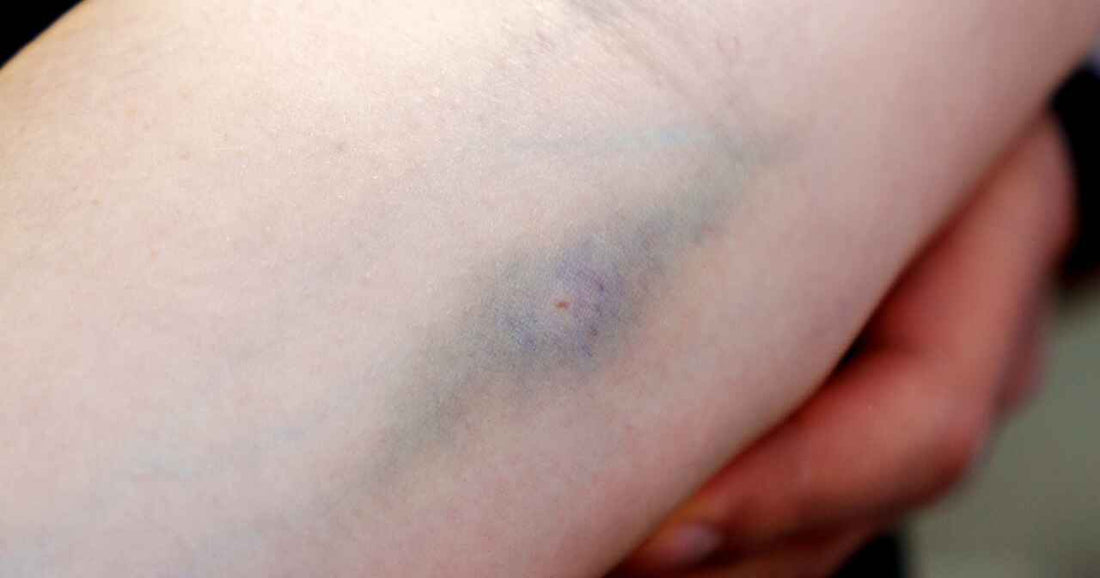
What is Blown Vein Injury During Blood Collection? healthcare nt sickcare
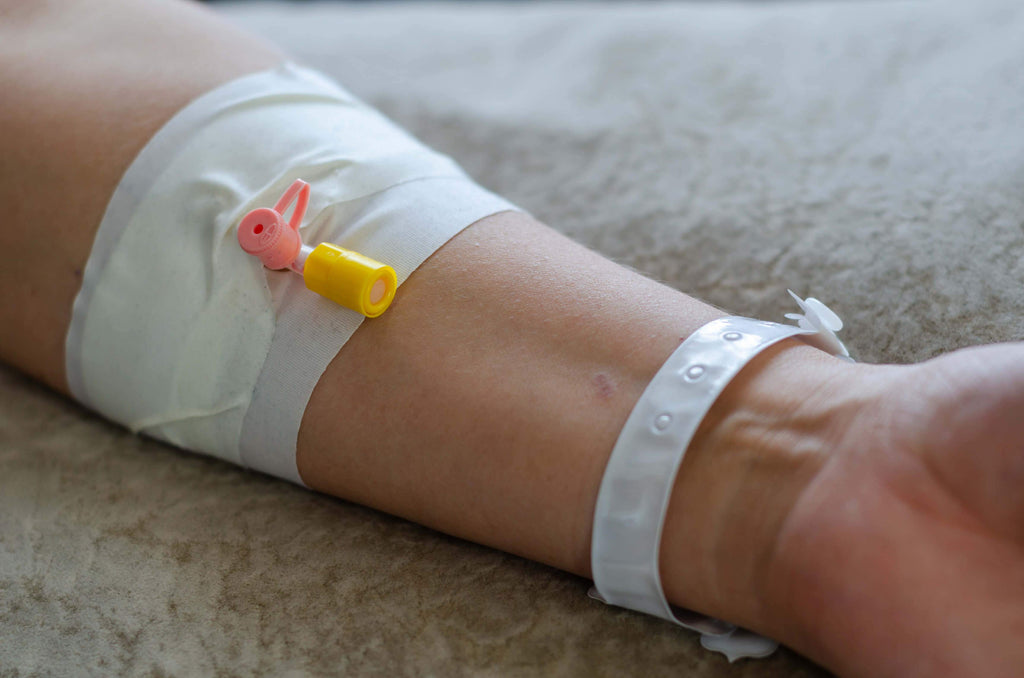
Blown Vein and Bruising From IV Causes, Treatment, and Prevention

vein blowout from blood draw pencilartdrawingssketchescreativeeasy
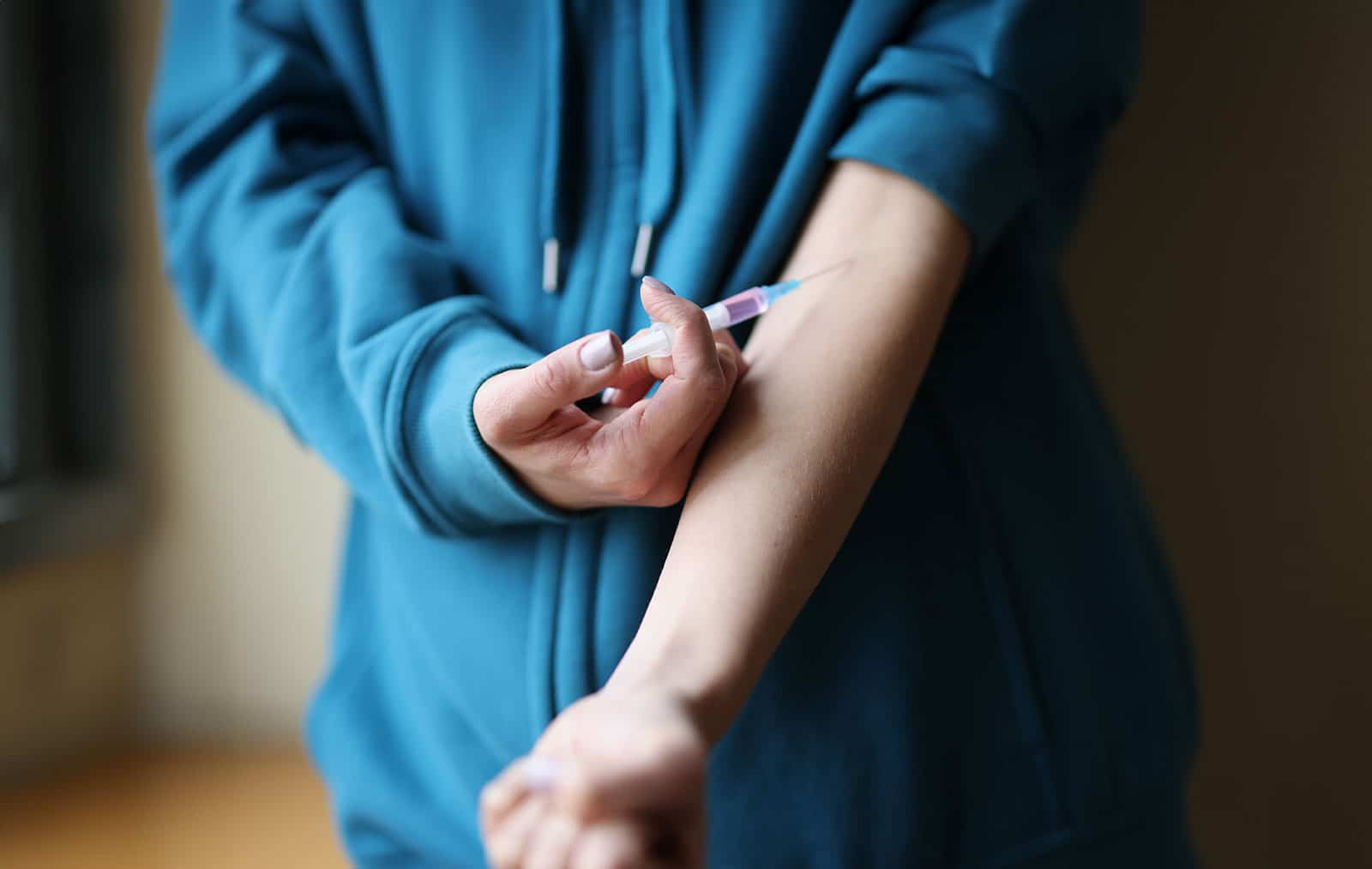
Blown Vein from IV Garden State Treatment Center

How to draw blood from a patient’s vein as painlessly as possible

Blown Veins Explained E Phlebotomy Training
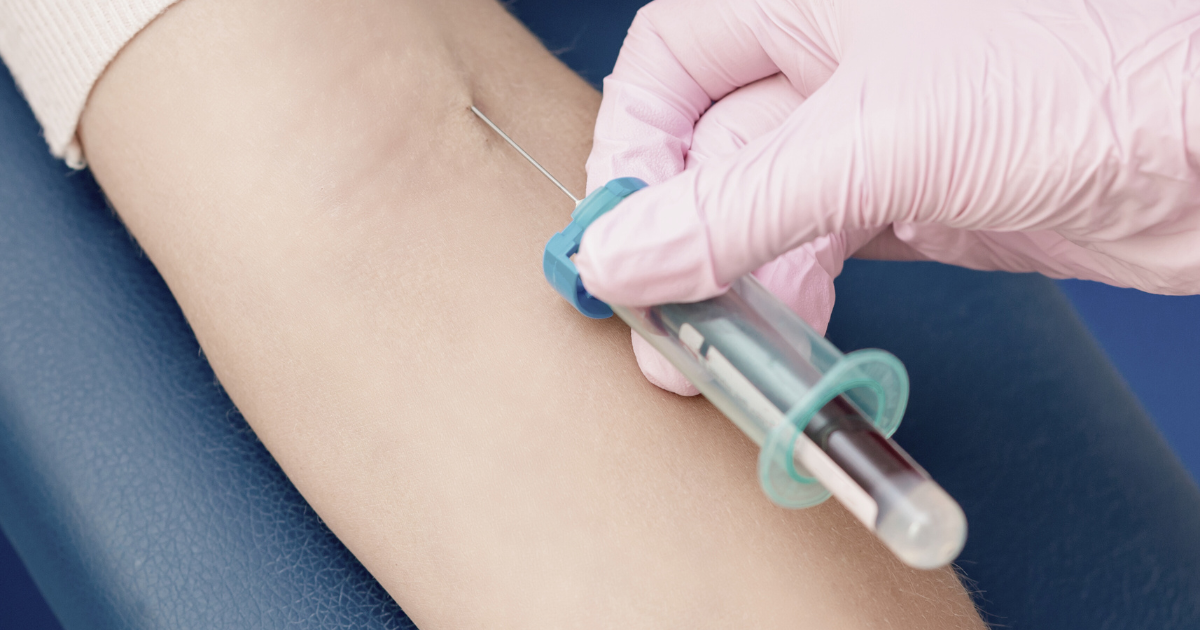
Blown Vein From Blood Draw Blood Draw Risks Phlebotomy Now
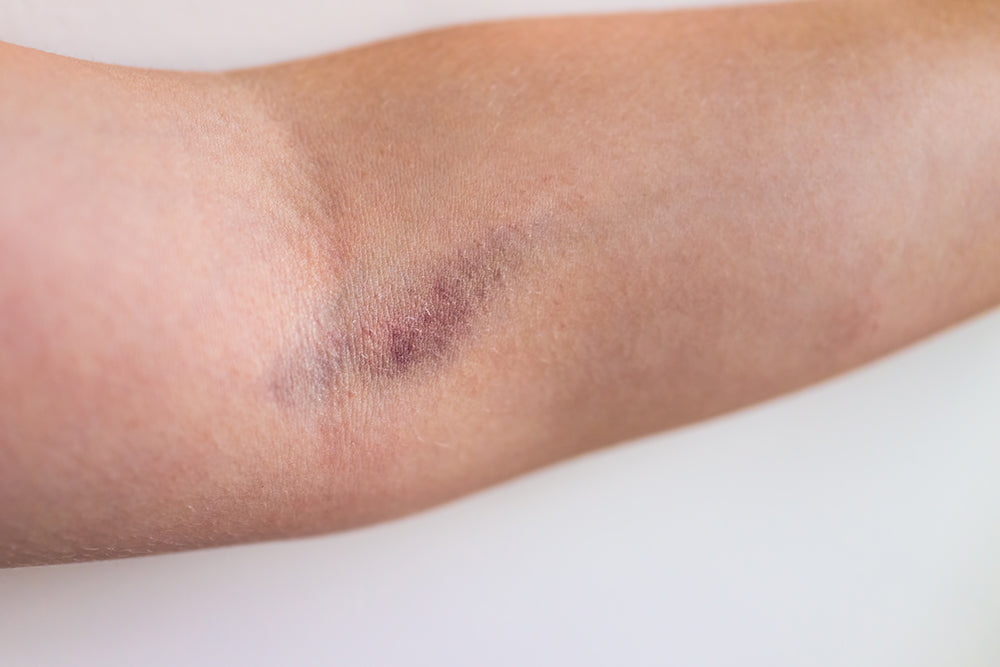
Blown Vein and Bruising From IV Causes, Treatment, and Prevention

Blown Veins Explained E Phlebotomy Training

how to draw blood from a vein? YouTube
While A Blown Vein Isn’t Serious, It Needs About 10 To 12.
Web A Blown Vein Refers To A Vein That Has Been Damaged Or Ruptured During A Medical Procedure, Such As Drawing Blood Or Administering An Intravenous (Iv) Line.
Web Bleeding Into The Skin Happens When Small Blood Vessels Burst Just Below Your Skin’s Surface.
Web A Blown Vein From A Blood Draw Is A Minor Injury Where The Needle Punctures The Vein Wall.
Related Post: